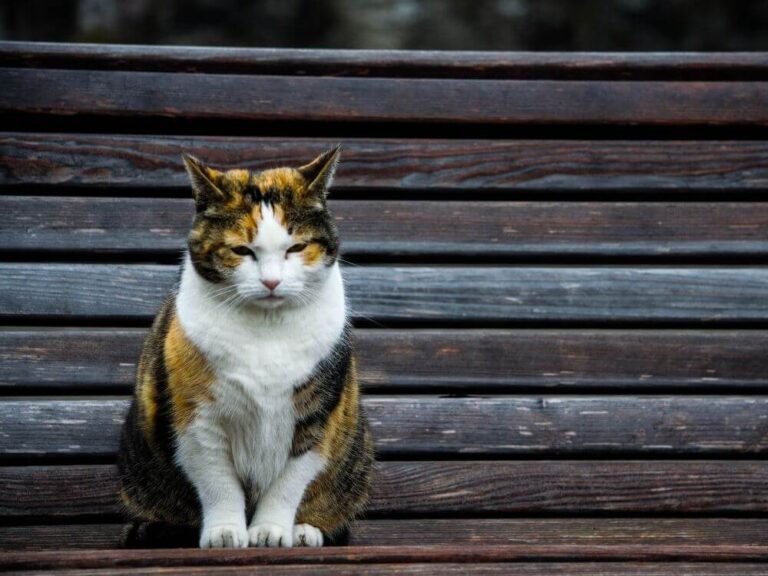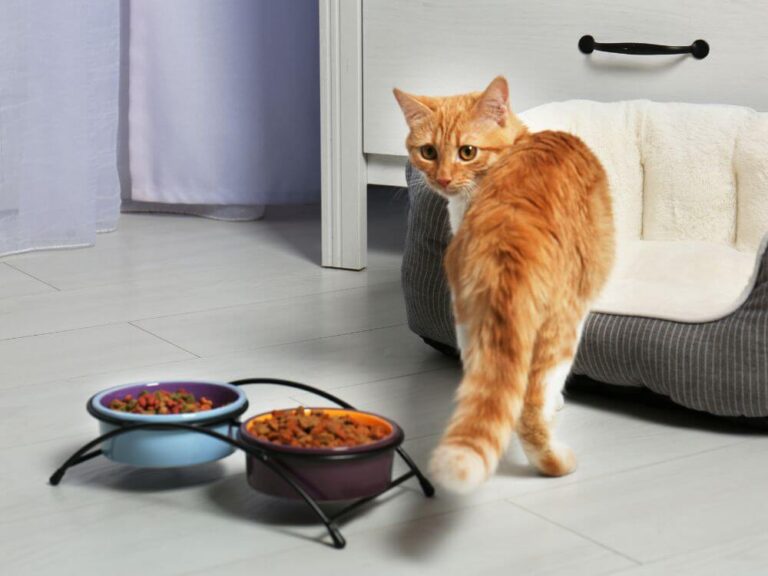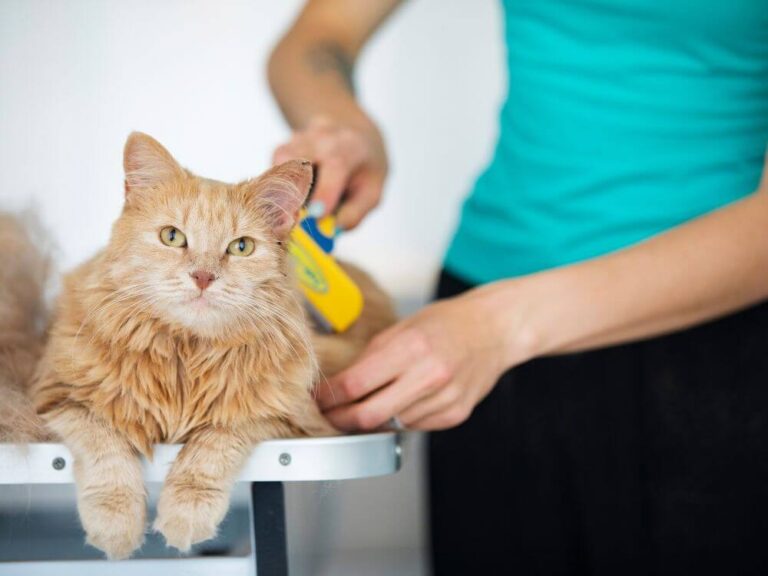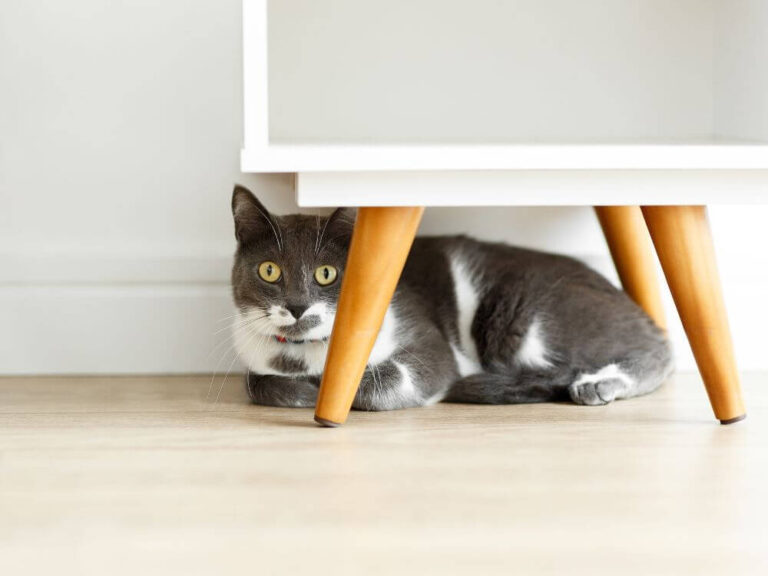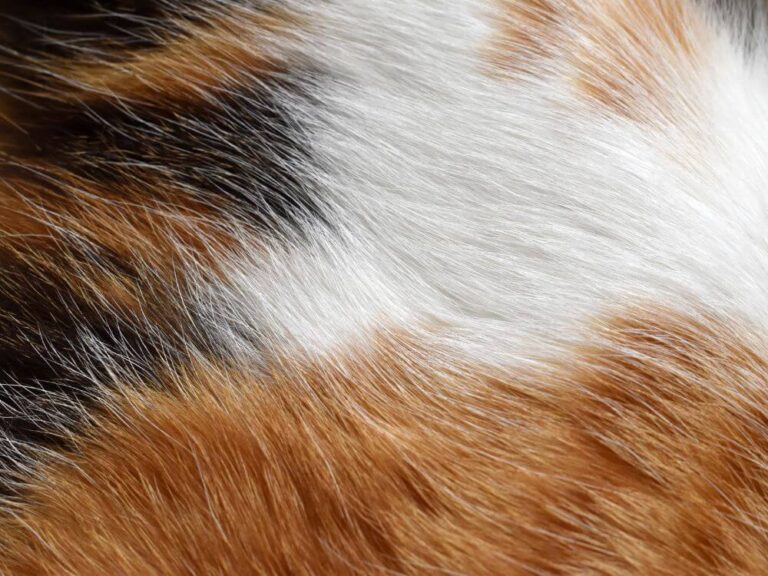The Importance of Cat Vaccinations in Your Feline’s Life
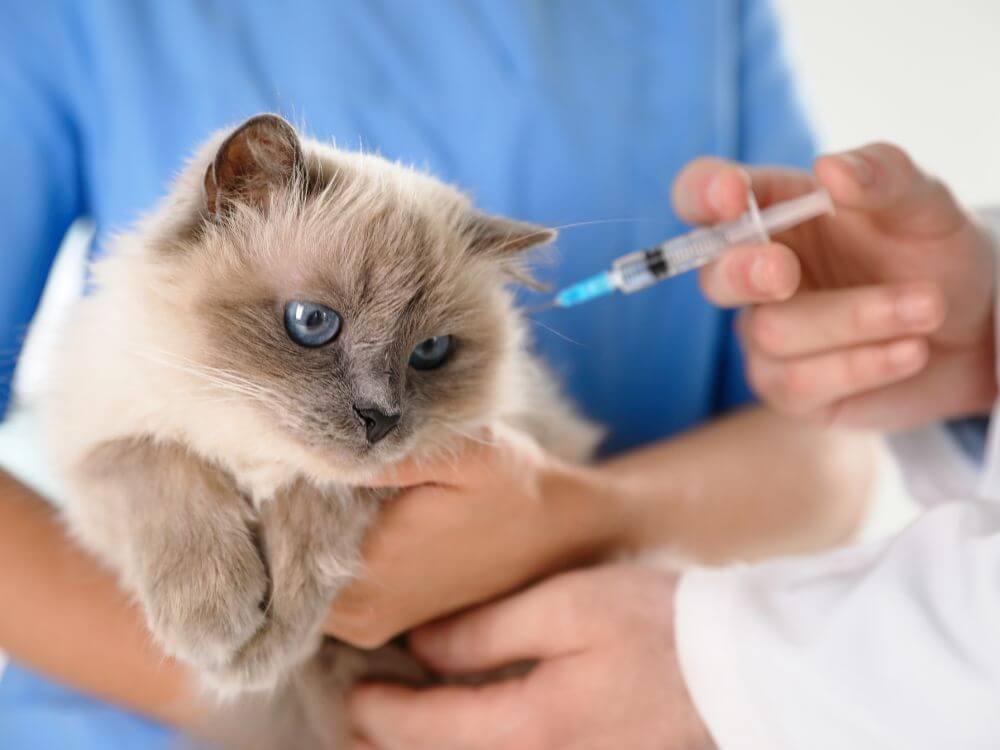
Vaccinations play a crucial role in maintaining your cat’s health. They protect against serious and potentially fatal diseases. Understanding the importance of cat vaccinations helps ensure your feline friend enjoys a long, healthy life.
Why Vaccinations Matter
Vaccinations trigger your cat’s immune system to create antibodies. These antibodies help fight off specific diseases. By vaccinating your cat, you give them a shield against illnesses that could otherwise cause severe harm or death.
Common Diseases Prevented by Vaccinations
Cat vaccinations protect against a range of dangerous diseases. Here are some of the most critical ones:
- Feline Viral Rhinotracheitis (FVR): This respiratory disease can cause severe symptoms like sneezing, coughing, and fever. It can lead to more serious complications, especially in kittens.
- Feline Calicivirus (FCV): Another respiratory illness, FCV causes oral ulcers, pneumonia, and chronic gingivitis. Vaccination reduces the severity of these symptoms.
- Feline Panleukopenia (FPV): Often called feline distemper, this disease is highly contagious and often fatal. It causes vomiting, diarrhea, and severe dehydration. Vaccinating against FPV is crucial for your cat’s survival.
- Rabies: Rabies is a viral disease that affects the brain and spinal cord. It is almost always fatal once symptoms appear. In addition to protecting your cat, rabies vaccination is usually required by law.
- Feline Leukemia Virus (FeLV): FeLV weakens the immune system and can lead to various cancers. Vaccination can help prevent this disease, especially in outdoor cats who are at higher risk.
Core vs. Non-Core Vaccinations
Veterinarians categorize cat vaccinations into core and non-core vaccines. Core vaccines are essential for all cats, while non-core vaccines are recommended based on your cat’s lifestyle.
- Core Vaccines: These include FVR, FCV, FPV, and rabies. Every cat should receive these vaccinations, regardless of their environment or habits.
- Non-Core Vaccines: Depending on your cat’s lifestyle, your veterinarian might recommend vaccines like FeLV or Bordetella. Cats who go outdoors or live in multi-cat households often need these additional vaccines.
The Vaccination Schedule
Kittens receive their first vaccinations at around six to eight weeks of age. After this, they receive booster shots every three to four weeks until they reach 16 weeks. Adult cats need booster vaccinations annually or every three years, depending on the vaccine.
- Kittens (6-8 weeks): First round of core vaccines.
- Kittens (12-16 weeks): Second round of core vaccines and possibly FeLV, depending on risk.
- Adult Cats: Annual or triennial boosters based on your veterinarian’s recommendation.
The Importance of Vaccinating Cats from a Human Perspective
Vaccinating cats is not only crucial for feline health, but it also has significant implications for human well-being. Certain diseases that affect cats can be transmitted to humans, making it essential to keep your cat’s vaccinations up to date. Rabies, for instance, is a deadly disease that can spread from cats to humans through bites or scratches. Vaccinating your cat against rabies is not just a legal requirement in many places but also a critical step in preventing this fatal disease from affecting your family.
Additionally, cat vaccinations help prevent the spread of diseases within the broader community. By ensuring your cat is vaccinated, you reduce the risk of zoonotic diseases — diseases that can be passed from animals to humans — thus protecting vulnerable individuals, such as children, the elderly, and those with compromised immune systems.
Rabies vaccines often require yearly boosters, depending on the type of vaccine used. Other vaccines, like those for Feline Viral Rhinotracheitis, Calicivirus, and Panleukopenia (FVRCP), might require booster shots every one to three years, depending on your veterinarian’s advice. Regular vaccinations help maintain the immunity your cat develops against these diseases, ensuring they remain protected throughout their life.
Understanding Vaccine Reactions
While vaccinations are generally safe, some cats might experience mild reactions. Common symptoms include slight lethargy, mild fever, or a small lump at the injection site. These symptoms usually disappear within a few days. Serious reactions are rare but can include vomiting, swelling, or difficulty breathing. Always consult your veterinarian if you notice any unusual behavior after a vaccination.
The Risks of Not Vaccinating
Failing to vaccinate your cat leaves them vulnerable to life-threatening diseases. Cats can contract these illnesses through direct contact with infected animals, contaminated surfaces, or even airborne particles. Unvaccinated cats are more likely to suffer from severe symptoms and complications. In some cases, the diseases they contract could also pose a risk to other pets or even humans.
The Role of Vaccinations in Community Health
Vaccinations don’t just protect individual cats; they also contribute to the health of the entire feline community. By vaccinating your cat, you help prevent the spread of contagious diseases. This is especially important in areas with high populations of stray or outdoor cats, where diseases can spread rapidly.
Vaccinations and Your Cat’s Overall Well-being
Vaccinating your cat plays a vital role in their overall well-being. A vaccinated cat is less likely to suffer from illnesses that can cause chronic pain, reduce their quality of life, or lead to premature death. Regular vaccinations are a crucial part of responsible cat ownership.
Working with Your Veterinarian
Your veterinarian is your best resource when it comes to cat vaccinations. They can help you understand which vaccines your cat needs and when to administer them. Your vet will also monitor your cat for any potential reactions and adjust the vaccination schedule as needed.
Conclusion
Vaccinations are a fundamental aspect of keeping your cat healthy. They protect against a range of serious diseases that can otherwise have devastating effects on your pet’s life. By staying on top of your cat’s vaccination schedule, you ensure they live a long, healthy, and happy life. Remember, your veterinarian is your partner in maintaining your cat’s health, so always consult them for advice on the best vaccination plan for your feline friend.

